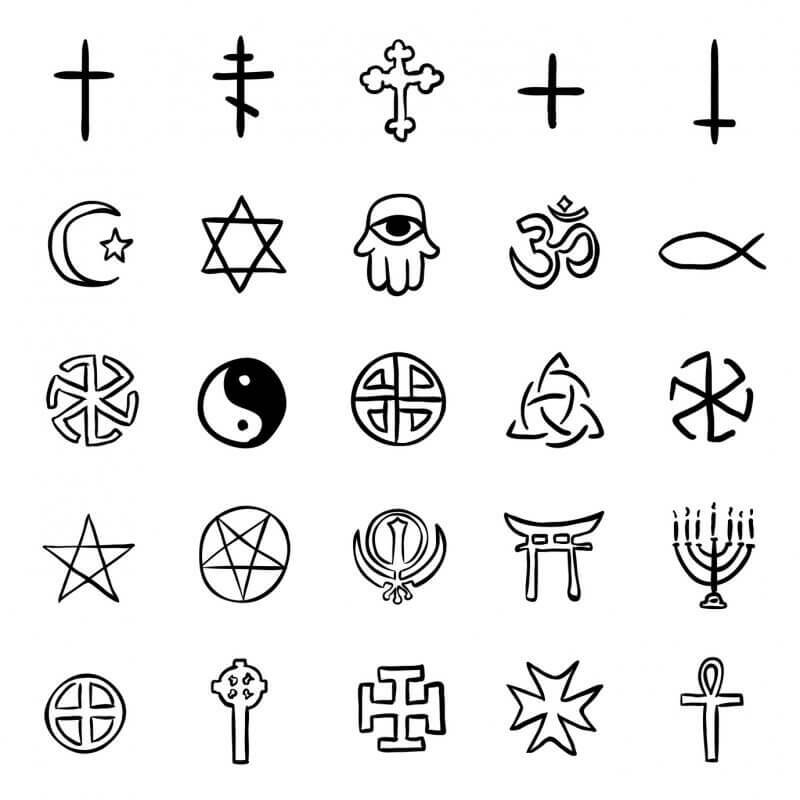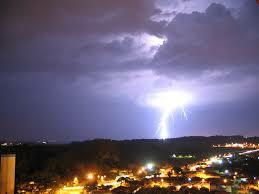What is Freedom of Worship
Miscellanea / / July 04, 2021
By Javier Navarro, in Apr. 2018
 Also known as religious freedom, it is considered a right fundamental. It consists of being able to choose any type of religious belief, as well as the possibility of not choosing any and declaring oneself atheist or agnostic.
Also known as religious freedom, it is considered a right fundamental. It consists of being able to choose any type of religious belief, as well as the possibility of not choosing any and declaring oneself atheist or agnostic.
It is about recognizing that every individual should be respected for his religious convictions and practices. This implies that no one should be forced to renounce their beliefs, or be the victim of some kind of coercion in this regard.
Democracy and freedom of worship
The democracy as we understand it today, it is a relatively recent reality, since its closest origins are in the French Revolution from 1789. It was precisely in this historical context that the Declaration of the Rights of Man and of the Citizen was proclaimed. This text emphasizes a fundamental idea, freedom. In this sense, freedom is understood as the possibility of doing everything that does not harm others.
Obviously, this conception of freedom can be projected onto religious beliefs.
Not respecting religious ideas would imply opposing the freedom of expression, a fundamental aspect in any democratic political system. It should be noted that democracy is based on equality of all individuals and, in parallel, in the ideas of plurality and tolerance. In this sense, there would be neither plurality nor tolerance if religious beliefs could not be expressed publicly with total freedom.
Freedom of worship is a fundamental right that is not yet a reality worldwide
In the Universal Declaration of Human rights of 1948, specifically between articles 18 and 21, it is stated that an individual's religion must be respected, whether in the private or public sphere. Likewise, the right to change religion is recognized.
For centuries the Inquisition persecuted all those who practiced their religious beliefs opposed to the Catholicism. Whoever believed in doctrines not recognized by the Church and expressed them in private or in public was considered a heretic and could be tried and punished for it (the usual penalty for heresy was the excommunication).
The Holy Office or Inquisition began its journey in Europe during the Middle Ages and finally reached Latin America
If we take the history of Mexico as a reference, it is marked by the tense relations between the church and the state (the Cristero War between 1926 and 1929 is a clear example of the power struggle between religion and the politics).
In today's Western democracies, freedom of religion is no longer a problem, since in all constitutional texts show the need to respect any doctrine religious. However, repression for religious reasons is a reality in countries such as North Korea, Pakistan, Somalia, Afghanistan, Syria or Sudan.
It is estimated that more than 200 million Christians are persecuted around the world.
Photo: Fotolia - nikiteev
Topics in Freedom of Worship


